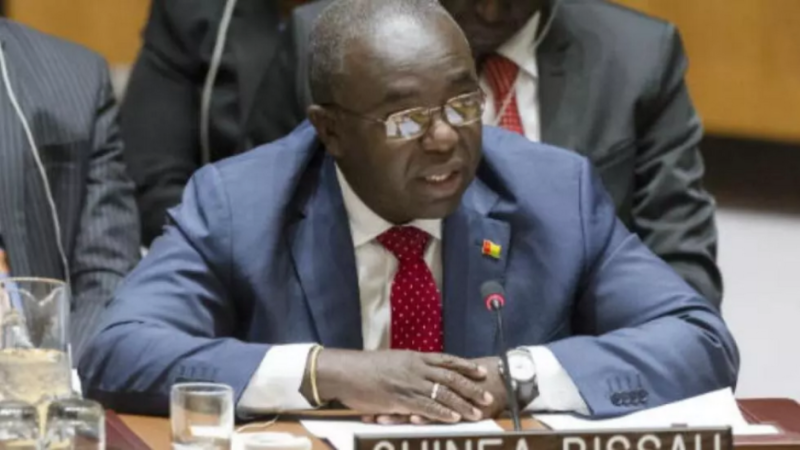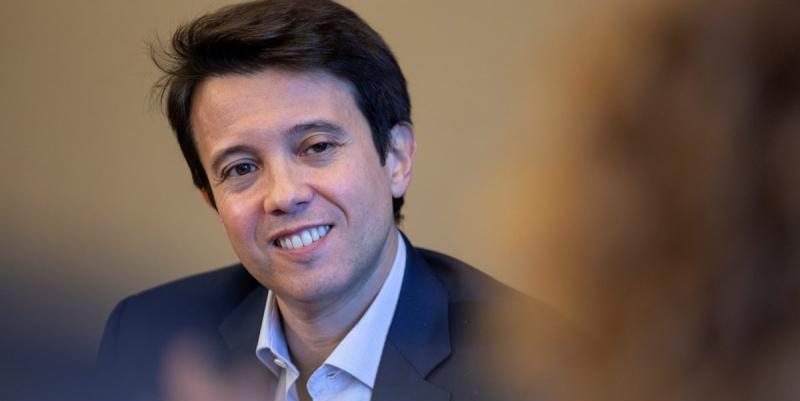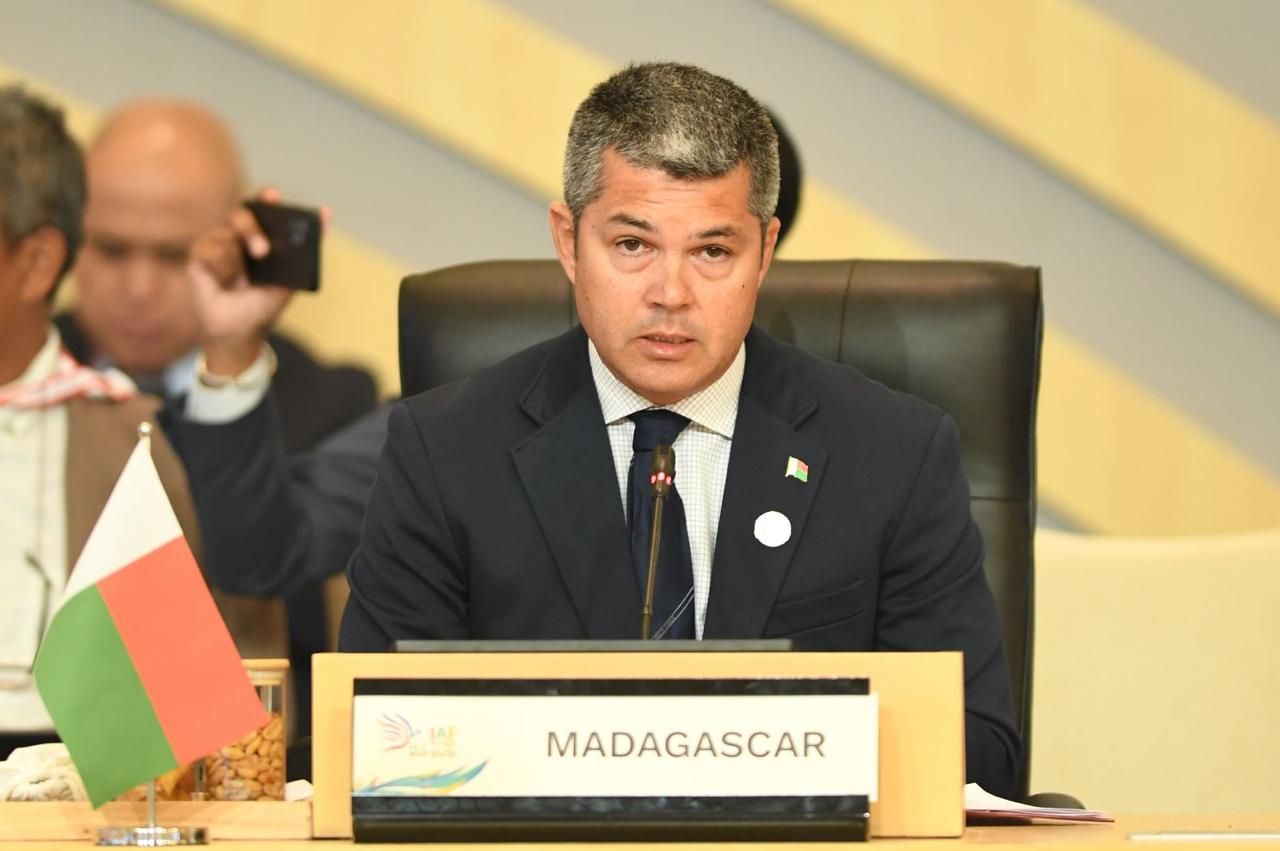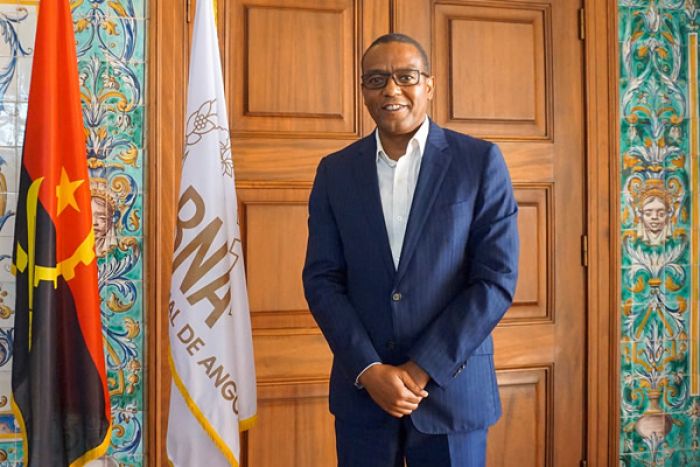Guinea-Bissau, a nation often sidelined in continental investment discussions, is now sending a clear signal to entrepreneurs and investors, “the door to formal business is open—and cheaper”. In a courageous move to drive private sector participation and economic formalization, the government has slashed the costs of establishing limited liability companies (SARL) by 50%, from 360,000 to 180,000 CFA francs (about €274). Additionally, the cost of obtaining an entrepreneur card has been cut from 5,000 to just 1,000 CFA francs (€1.50).
This reform, announced by Minister of Economy, Planning and Regional Integration Soares Sambú, at the first-ever National Conference on the Formalization and Development of Companies, marks a significant step in Guinea-Bissau’s attempt to reshape its business climate—one long burdened by bureaucracy, informality, and political fragility.
But is this measure the spark that can ignite an economic reawakening in one of West Africa’s most underdeveloped markets? Or is it simply a cosmetic fix in a nation still plagued by systemic dysfunction?
Guinea-Bissau’s economic history is one of missed opportunities. Rich in natural resources—particularly cashew nuts, fish, and untapped mineral potential—the country remains one of the poorest in the world, with over 60% of its population living below the poverty line. The business climate has long been stifled by weak institutions, high levels of corruption, unreliable infrastructure, and an opaque regulatory environment.
As of 2024, the World Bank ranked Guinea-Bissau near the bottom of its Ease of Doing Business indicators. Company registration can take weeks due to fragmented systems, and informal businesses account for a staggering share of the economy—over 80% by some estimates.
In this context, the government’s reform is being pitched as more than a cost-saving measure. “Formalization is an indispensable instrument for sustainable progress,” Minister Sambú said, highlighting job creation, tax expansion, and the rule of law as central to Guinea-Bissau’s economic transformation.
The new policy includes rebates for entrepreneurs who registered their companies earlier this year and a call for all relevant government agencies to centralize operations within the Business Formalization Center, in compliance with Decree No. 18/2010.
At face value, this looks promising. A 50% cost reduction is significant in a country where the average monthly income is just over €100. It removes a barrier for small businesses, youth, and women-led enterprises—groups who are often excluded from formal economic participation due to financial constraints.
But deeper structural questions remain. While lowering costs addresses an important symptom of informality, it does not tackle the roots: poor regulatory enforcement, lack of access to credit, weak legal protections, and an unstable political environment.
Indeed, Guinea-Bissau’s recent history of military coups and contested elections continues to deter long-term investors. The lack of clear land rights, unpredictable tax regimes, and limited digital infrastructure further complicate efforts to create a thriving formal sector.
Guinea-Bissau’s political fragility cannot be understated. Although relatively stable since the 2019 elections, the country has a history of political infighting and military interventions. These conditions breed uncertainty, particularly for foreign investors who seek long-term predictability and legal assurance.
Even with reforms in place, investors may remain cautious. Macroeconomic stability is not just about reducing business registration costs. It’s about building institutions that can enforce contracts, uphold property rights, and fight corruption.
And yet, amid the risks, some opportunities are emerging.
Guinea-Bissau holds immense untapped potential. The country is the world’s sixth-largest cashew exporter, and with rising global demand for organic and sustainably sourced nuts, its agricultural sector could offer attractive returns for investors willing to navigate the risk. Likewise, the fisheries sector and the nascent renewable energy industry offer promising investment opportunities.
The business reforms could serve as a first step toward unlocking this value—especially for diaspora entrepreneurs and regional SMEs who understand the local context and can operate at lower risk thresholds.
The support of the UNDP, which co-hosted the business formalization conference, also signals growing international interest in fostering economic development in Guinea-Bissau. Alessandra Casazza, UNDP’s resident representative, underscored that formalization not only generates decent employment but also grants economic citizenship to thousands of informal entrepreneurs who form the backbone of the Guinean economy.
For Guinea-Bissau’s reforms to matter beyond a symbolic win, they must be accompanied by investments in governance, infrastructure, and digitization. The country could look to success stories like Rwanda or Cabo Verde, where targeted reforms and international partnerships have dramatically improved business confidence.
Guinea-Bissau’s latest move to cut the cost of formalizing companies is a commendable step toward democratizing entrepreneurship and strengthening the private sector. It speaks to a broader ambition to modernize the economy and attract investment.
However, in a country still struggling with governance, informality, and political uncertainty, cost-cutting alone is not a silver bullet. It must be part of a broader reform agenda that includes strengthening institutions, improving legal frameworks, and building investor trust.
If these pieces come together, Guinea-Bissau could begin to rebrand itself—not just as a forgotten corner of West Africa—but as an emerging frontier market where entrepreneurs, both local and global, can build and thrive.
Estimated Startup Cost (SARL):
New: 180,000 CFA francs (€274)
Old: 360,000 CFA francs (€548)
Entrepreneur Card:
New: 1,000 CFA francs (€1.50)
Old: 5,000 CFA francs (€7.60)
Investor Snapshot
- Major sectors: Cashew processing, fisheries, agribusiness, solar energy
- Informal economy: ~80% of total employment
- Political stability rating: Fragile
- Ease of Doing Business: Among lowest in West Africa
Photo – Minister of Economy, Planning and Regional Integration Soares Sambú




